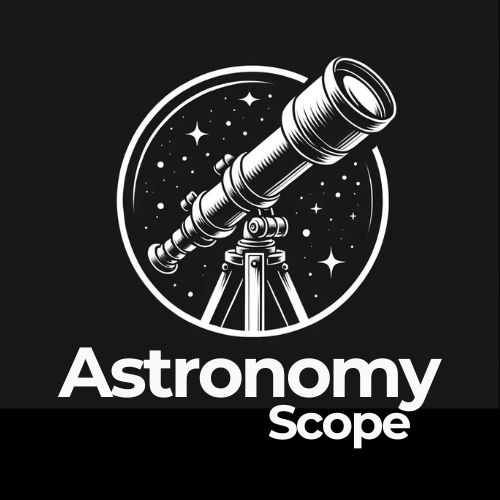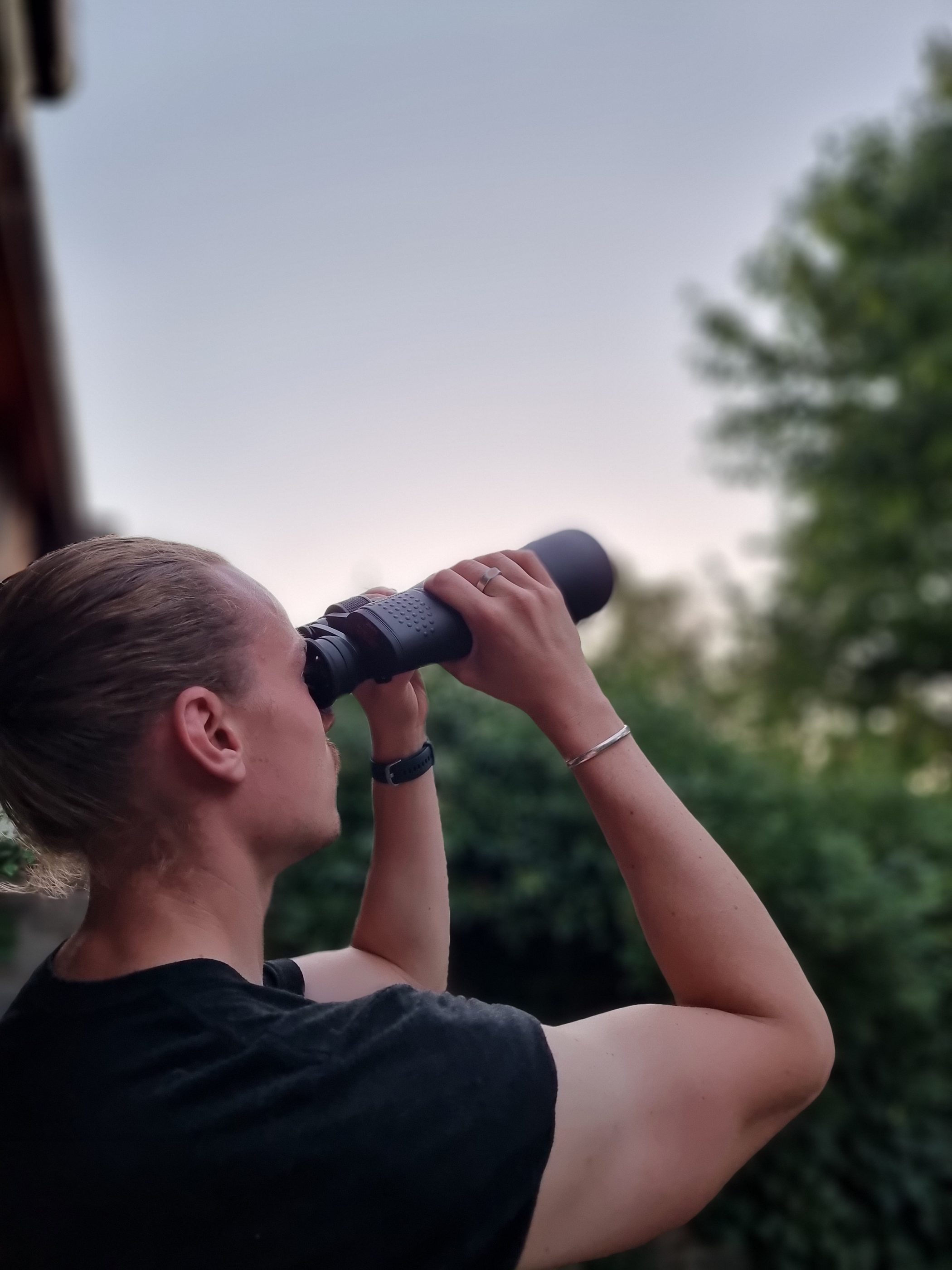As an Astronomy enthusiast, nothing is more enjoyable, or beneficial in the early days, than learning Astronomy through a good book.
What you need is a definitive resource from experienced astronomers who can teach you the very basics and help you pick it up quicker, easier, and more enjoyably.
But with all the different books available, what one is best for you? Well after some extensive research, and have taken a look through my personal library, I would like to give you some of the best books currently available.
So, what are the best books on Astronomy for Beginners? If I had to get one book, and one book only, I’d opt for The Backyard Astronomer’s Guide. It’s great for three main reasons:
- It includes a range of questions and answers to the most common questions you will likely have as a beginner
- You learn how to research, choose and select equipment. Like how to find the best telescope to observe planets and galaxies.
- It covers daytime and twilight observing, planetary and deep-sky observing, and much more.
The Backyard Astronomer’s Guide is my favorite and for good reason.
I still refer back to this book from time to time – it was written for use as you progress too!
But, like anything hobby in life, the more you can learn the better.
That’s why I’d also recommend you get or read a number of other books and learning resources.
Let’s now take a closer look at my recommended choice along with a number of other books that I and fellow Astronomers love and often recommend.
I’ve included books for all ages as well as a couple for younger children too!
Best Books On Astronomy For Beginners
In A Rush? Here Are My Top Three Picks!






These astronomy books will provide you with a solid and informative foundation for the wonderful world of astronomy.
Let’s now see why, along with a few additional extras for good measure!
The Backyard Astronomer’s Guide
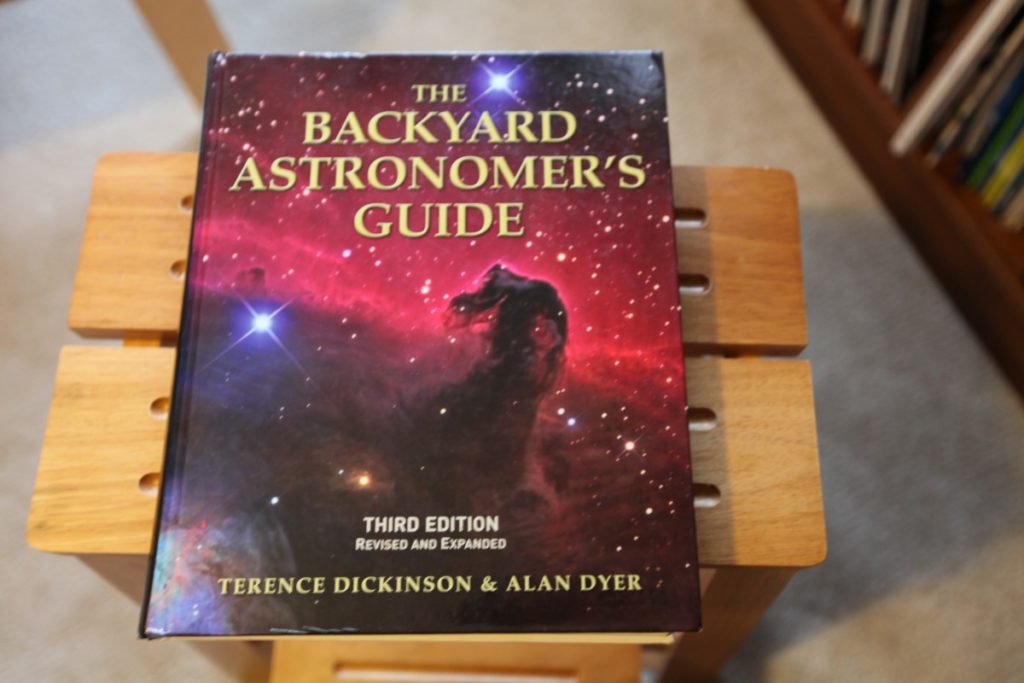
The Backyard Astronomer’s Guide is great because it was written for beginners that have varying levels of astronomy knowledge. The book provides a great overview of astronomy but also gets into the finer details like choosing your first and the best telescopes you can afford, understanding and using celestial maps, and how to take the best photographs of the sky (Astrophotgraphy).
Among the many benefits of this book:
- Over 500 full-color photographs and illustrations
- A complete 20-page guide to the Milky Way.
- Tips on how to clean your telescope lenses.
This is a really thoroughly written and user-friendly book that is ideal for astronomy beginners.
Read Customer Reviews and View Price on AmazonTurn Left at Orion: Hundreds of Night Sky Objects to See in a Home Telescope—and How to Find Them
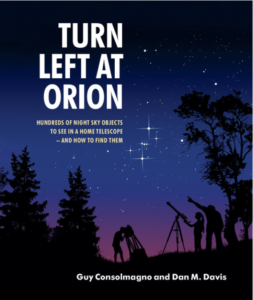
Quite the title, but this is one of my other highly recommended books.
It comes closely behind the backyards guide if you can only get one book, but if you have the budget I’d actually suggest both.
This is one of the most popular and widely respected astronomy books for beginners – it has countless 5-star ratings on Amazon and at the time of writing, more than 115,000 copies have been sold!
The book is designed so that you can easily discover objects in the sky either with a pair of binoculars or a telescope.
Among the many benefits of this book:
- Has a heavy spiral binding so you can easily use it outside and on the go
- It has comprehensive coverage of moons, planets, star clusters, nebulae, and other interesting celestial objects.
- It includes Southern Hemisphere celestial objects (unlike a lot of other Astronomy books).
Astronomy: A Self-Teaching Guide
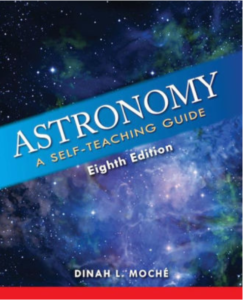
This is a great book to help you self-learn Astronomy as a beginner. This is a very easy read and it covers all topics you would want from a beginner Astronomy book. This is particularly useful for children, so if you want to get a book for your child then this is one you should definitely consider.
While you will not be getting color charts and photos in this guide, you do get an impressive range of black and white illustrations on the major celestial objects. I particularly like the authors writing style; Dinah L Moche (author) has an ability to breakdown complicated topics into a more easy, bite-size, and understandable way.
If you want to learn the basics of astronomy then you won’t go wrong with this resource.
Among the many benefits of this book:
- Updated with the latest, most recent, and accurate information (as of 2018).
- Over 100 new graphics and photos.
- An illustrative insert with fascinating images.
- Written in an interactive format. There are learning objectives, reviews, self-tests, and answers for quick learning.
Discover the Stars: Starwatching Using the Naked Eye, Binoculars, or a Telescope

Discover the Stars by Richard Berry (Editor of Astronomy Magazine) provides a great introduction and guide to discovering the stars.
It is simple to follow and designed to help beginners regardless of whether they have any astronomy equipment.
It helps readers locate all of the stars and constellations visible with the naked eye and then moves onto deep-sky objects that can be seen with binoculars or a telescope.
While the basics are covered like how and why stars move in the sky, you also learn to find your way around the sky and identify the moon and planets, and how to choose and use your first telescope.
This book provides a clear intro to astronomy, ideal for complete beginners but also with extra information that you can use as you progress and learn more.
Among the many benefits of this book:
- You get two colored computer-plotted sky maps, charts, and clear instructions which helps to make stargazing enjoyable and productive from your first night out.
- You can also see how the sky will look during each month of the year so that this resource can be used year-round.
- The second section provides twenty-three-star charts that show smaller regions of the sky in great detail.
Astronomy For Dummies

From the notable “For Dummies” series, this is another astronomy book that gets a lot of great reviews from its readers.
It was written for amateurs and focuses in parts on stargazing in particular.
It’s an easy-to-follow guide and covers the various elements in the universe.
You also get access to updated star maps, charts, and an insert of full-color photographs. Astronomy For Dummies provides an easy-to-follow introduction to exploring the night sky. Plus, this new edition also comes with chapter quizzes online to help your understanding.
Among the many benefits of this book:
- Includes upcoming schedules of eclipses of the Sun and Moon and recent discoveries in space, e.g. Water on the Moon.
- Provides useful lists of Telescope Motels, the best sky-watching guides, and suggestions for beginner’s telescopes and suppliers.
- Provides free online access to chapter quizzes to help you understand the content.
Easy Things to See with a Small Telescope

If you have a telescope already, then this is the book that could be for you. Just as the title suggests, this resource will provide you with some Easy Things to See with a Small Telescope.
It’s a Beginner’s Guide to Over 60 Easy-to-Find Night Sky Sights so it was written to help those of you who are not interested in learning more about Astronomy, but actually want to physically start looking up at the sky.
This is actually the highest selling astronomy book in the UK in the stargazing category.
This book begins with a solid intro on how to buy a telescope and get the best for your budget. You then learn how to use your new telescope and how to venture out well beyond just the planets.
Among the many benefits of this book:
- Simple, straightforward advice for buying a new telescope
- Actionable content to help you start observing the night sky
- Every one of the 60 objects has its own page, a map, a view of the area through a finderscope, a depiction of the object through the eyepiece and a description of each object from the authors own observations.
Exploring the Night Sky: The Equinox Astronomy Guide for Beginners

The second Terence Dickinson book on the list, Exploring the Night Sky: The Equinox Astronomy Guide for Beginners is another excellent choice for new astronomers looking to further their knowledge.
It has a great mix of content, whether it is the basics like constellation stargazing but it also delves into the difficult subjects and helps you identify objects most difficult to observe.
I personally love that this book covers the relationships between the many celestial objects (stars, moons, galaxies, and nebulae). It also includes drawings of what you can expect to see and when in the night sky.
Among the many benefits of this book:
- Great book for teenagers and young adults between the ages of 10-17
- Clear, concise, excellent pictures, and easy to follow and understand.
Space: A Visual Encyclopedia

Best for young children (between the ages of 7-10), the DK Visual Encyclopedia is a brilliant introduction to space and the night sky. Its very image and photo-heavy – using pictures from NASA and ESA missions to break up the text and keep a young child interested.
Also included are interviews and interesting facts that will teach a young child about the universe and the planets. Its a great option for children who are showing an interest in space and want to learn more.
Among the many benefits of this book:
- Image heavy, lots of pictures and small portions of interesting text. Pictures vivid and colorful.
- Simple language and suitable for young children with an early interest in astronomy.
- Broken up into different topics making it easier to pick up and put down.
Conclusion
Hopefully, this buyer’s guide has introduced you to some great astronomy books that you can use as a beginner.
There’s quite a few on the list which should be suitable for all ages and knowledge levels, along with a couple specifically aimed at children. So whether it is for you or your child you should be able to find a book to get.
With Astronomy, one of the best things you can do is to delve deep into the subject.
There is so much to learn and getting a reputable book can make all the difference.
Not only will you learn faster, but you’ll enjoy the process a lot more if you have a guide you can follow, or are provided with specific objects to look at and how you can find them.
I wish you all the best with Astronomy, and hope these books set you off on the right foot!
Other great ways to learn about astronomy:
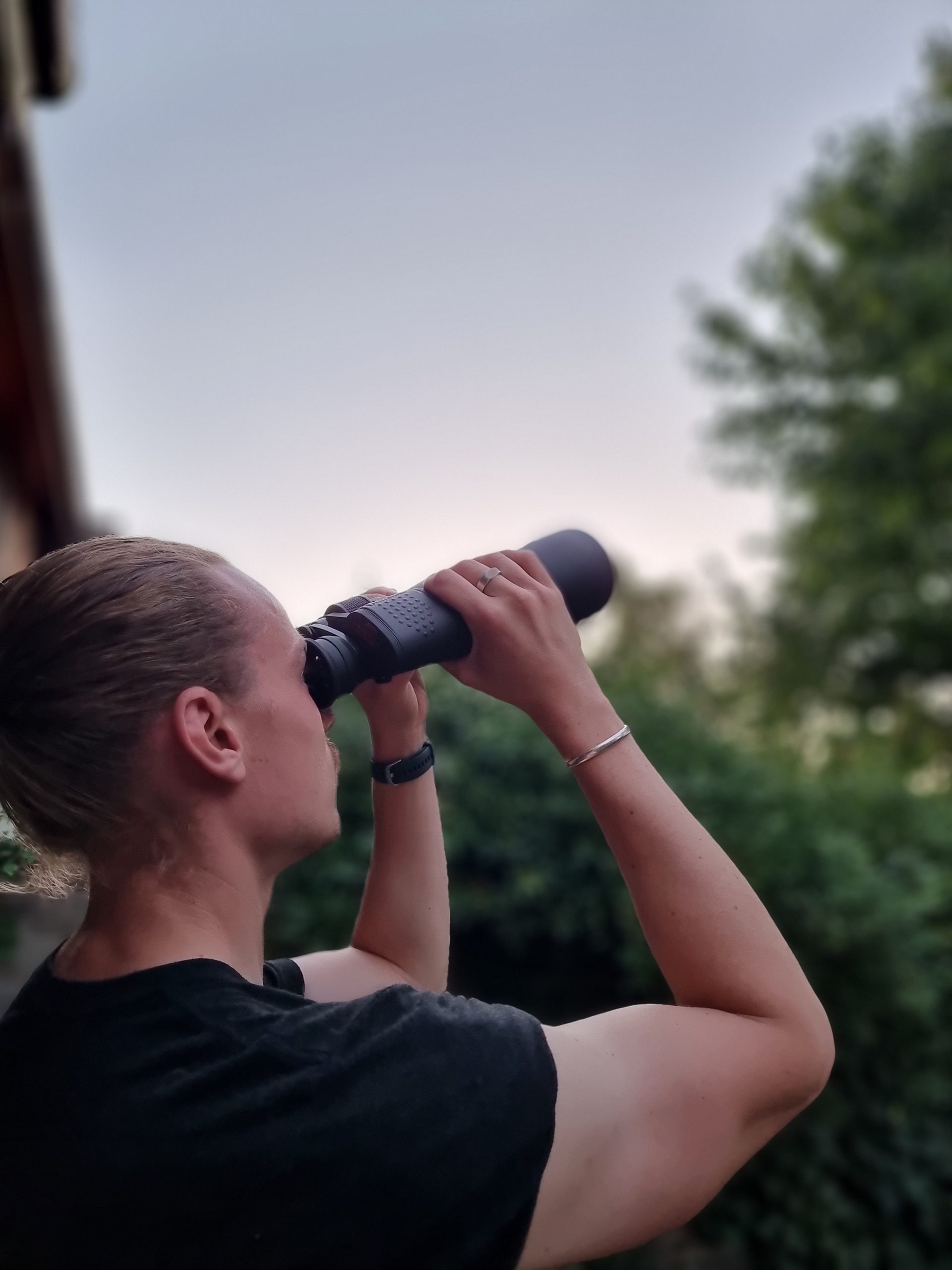
Hey, my name is Jeremy. I’m a passionate and seasoned astronomer who loves nothing more than observing the night sky. I also love researching, learning, and writing all things Space and the Universe. I created Astronomy Scope to share my knowledge, experience, suggestions, and recommendations of what I have learned along the way while helping anyone to get into and maximize their enjoyment of the hobby.
